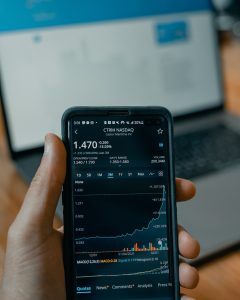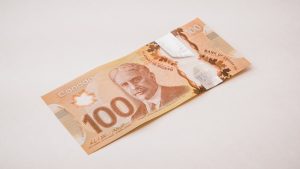Forex, short for foreign exchange, is a decentralized global market where currencies are traded. It is the largest financial market in the world, with an average daily trading volume of over $5 trillion. Forex is unique in many ways, and it is important to understand what type of market it is to navigate it successfully.
Forex is an Over-the-Counter (OTC) market, meaning that there is no central exchange or clearinghouse like in the stock market. Instead, transactions are conducted electronically between banks, financial institutions, and individual traders all over the world. This means that the forex market is open 24 hours a day, five days a week, allowing for constant trading opportunities.
One of the most significant advantages of the forex market is that it is highly liquid. This means that there are always buyers and sellers willing to trade currencies at any given time. As a result, traders can easily buy or sell currencies without worrying about the market becoming illiquid, as can happen in some other financial markets.
Another unique feature of the forex market is its high leverage. Leverage allows traders to control a large amount of currency with a relatively small investment. For example, a leverage of 50:1 means that a trader can control $50,000 worth of currency with just a $1,000 investment. While leverage can increase profits, it also increases the risk of losses, making it essential for traders to use risk management strategies.
Forex is also a highly volatile market, with currency prices fluctuating constantly. This volatility creates opportunities for traders to profit from both upward and downward price movements. However, it also increases the risk of losses, making it important to have a solid trading plan and risk management strategy in place.
The forex market is also influenced by many different factors, including economic data releases, political events, and central bank announcements. These factors can cause significant price movements in currencies, making it important for traders to stay informed and up-to-date on market news.
In addition to individual traders, the forex market is also used by businesses and governments to exchange currencies for international trade and investment. For example, a US-based company that imports products from Japan would need to exchange US dollars for Japanese yen to pay its suppliers. Similarly, a government may need to exchange its currency for another currency to finance international projects or pay off debts.
In conclusion, forex is a unique and dynamic market that is highly liquid, leveraged, and volatile. It is an OTC market that operates 24 hours a day, five days a week, and is influenced by a wide range of factors, from economic data releases to political events. While forex offers traders many opportunities to profit, it is also a high-risk market that requires a solid trading plan and risk management strategy.





